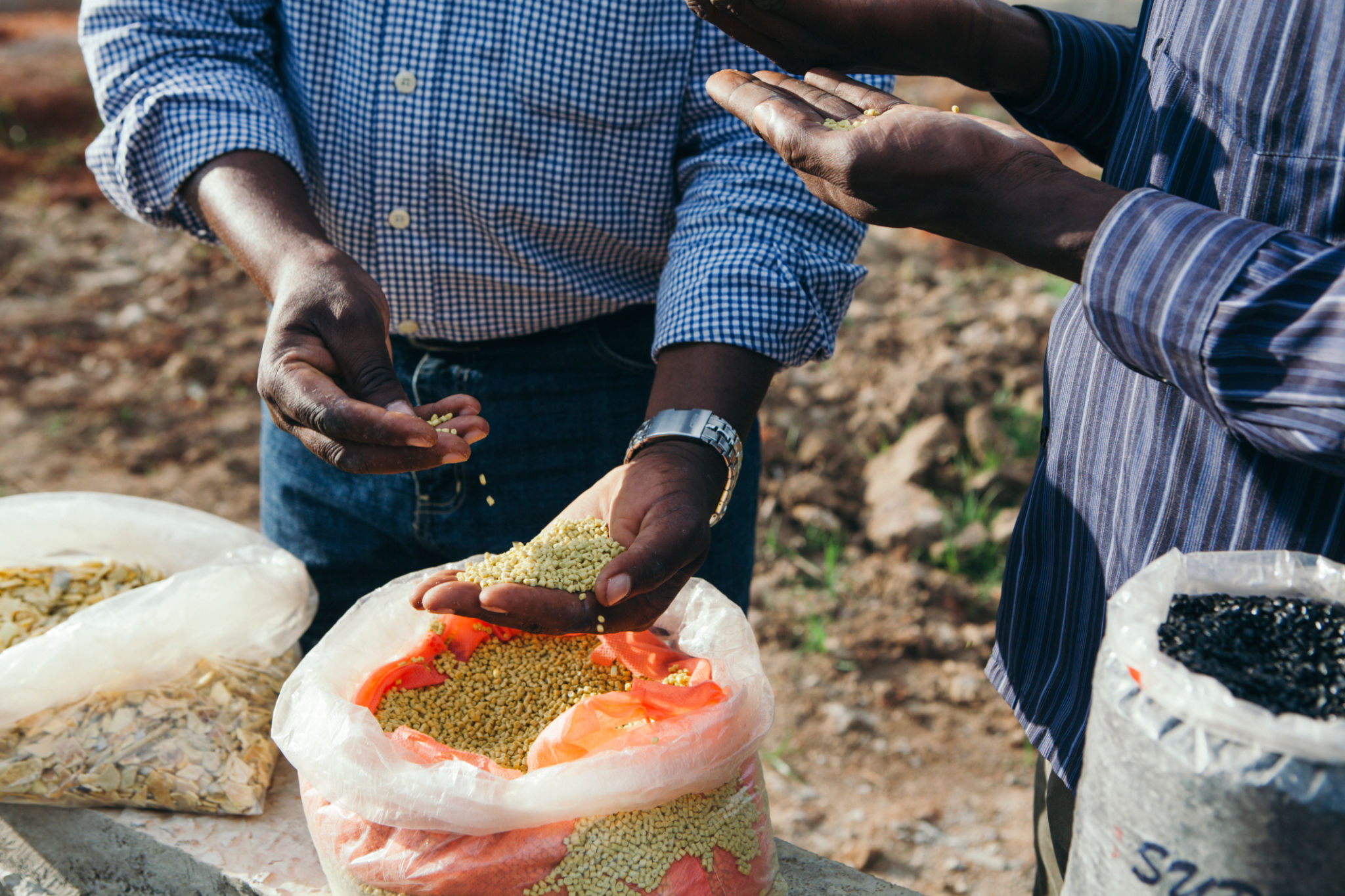How Uganda's Cocoa Farmers Are Transforming the Global Market
Rising Influence of Uganda's Cocoa Farmers
In recent years, Uganda has emerged as a significant player in the global cocoa market. Once overshadowed by West African giants such as Ivory Coast and Ghana, Uganda is now making waves with its unique cocoa varieties and sustainable farming practices. This transformation is not only boosting the local economy but also reshaping international perceptions of cocoa production.

The Unique Qualities of Ugandan Cocoa
Ugandan cocoa is renowned for its distinctive flavor profile, which is influenced by the country's diverse climate and fertile soil. The beans are often described as having fruity and floral notes, setting them apart from traditional cocoa flavors. This unique taste has caught the attention of premium chocolate makers worldwide, who are eager to incorporate Ugandan cocoa into their products.
Moreover, Uganda's commitment to organic farming practices has further enhanced the appeal of its cocoa. Farmers utilize natural methods to cultivate their crops, avoiding synthetic chemicals, which results in a purer product. As consumer demand for organic and sustainable foods grows, Ugandan cocoa is perfectly positioned to meet this market trend.
Empowering Communities Through Cocoa
The resurgence of the cocoa industry in Uganda has had a profound impact on local communities. By participating in cocoa farming, many Ugandan families have gained access to improved livelihoods and educational opportunities. The industry has provided jobs and increased income for thousands of rural households, promoting economic stability in the region.
Organizations and cooperatives have also played a crucial role in empowering farmers. Through training programs, farmers learn best practices in cultivation and post-harvest handling, ensuring high-quality production. These initiatives not only improve yields but also foster a sense of community among farmers.

Sustainability at the Heart of Cocoa Production
Sustainability is a key focus for Uganda's cocoa industry. Farmers are encouraged to adopt environmentally friendly practices that protect the land and preserve biodiversity. Agroforestry techniques, such as intercropping cocoa with shade trees, help maintain ecological balance while enhancing soil fertility.
Efforts are also being made to mitigate the effects of climate change on cocoa production. By developing resilient crop varieties and improving water management systems, Ugandan farmers are equipped to face environmental challenges head-on. These sustainable practices ensure that Uganda's cocoa industry can thrive for generations to come.

Uganda's Growing Role in Global Trade
As Uganda's reputation for quality cocoa continues to grow, so does its influence in the global market. International partnerships and trade agreements have opened up new avenues for export, allowing Ugandan cocoa to reach consumers around the world. The country's strategic location in East Africa also provides a logistical advantage for distribution to major markets.
With increased global recognition, Uganda is poised to become a key player in shaping the future of the cocoa industry. By focusing on quality, sustainability, and community empowerment, Uganda is setting a new standard for cocoa production that benefits both producers and consumers alike.

